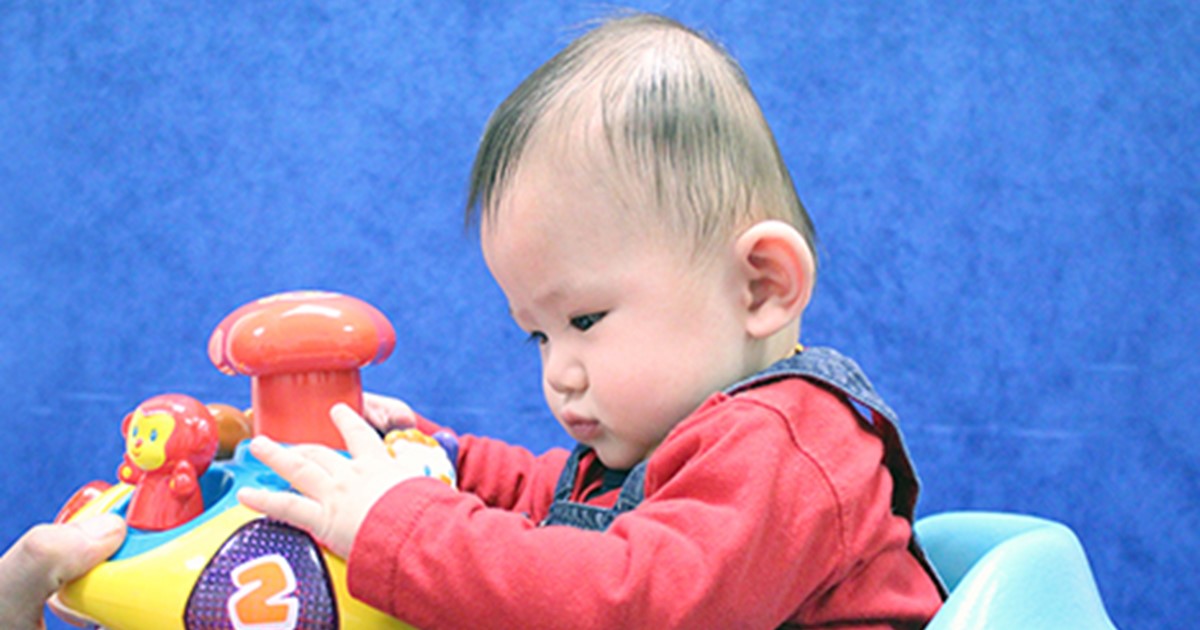- Your baby's head shape should start to improve as your baby grows and start moving around more and spending less time directly on their back.
- Encourage supervised tummy time when your baby is awake and playing (remember always lay your baby to sleep on their back).
- Stimulate your baby by talking or showing them toys from one side to encourage them to turn their head onto the non-flattened side.
- Change which side you hold your baby when you are feeding or carrying them.
- Alternate your baby's head position between left and right when they are sleeping on their back.
ALWAYS REMEMBER - the safest sleeping position for your baby is on their back.





